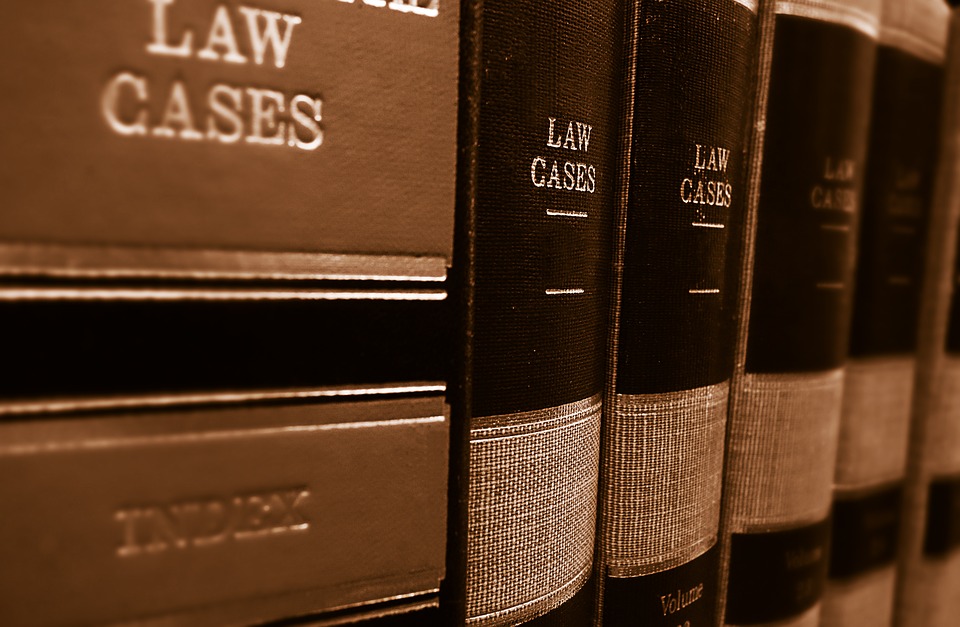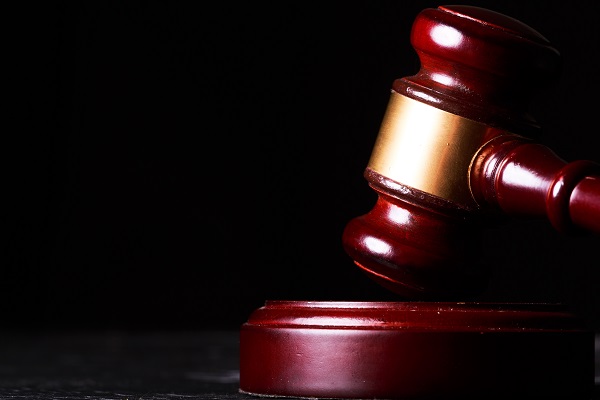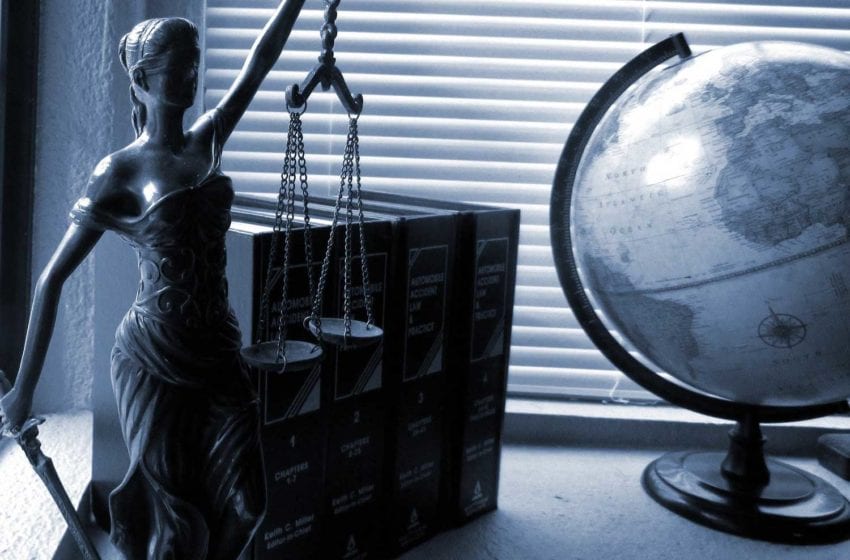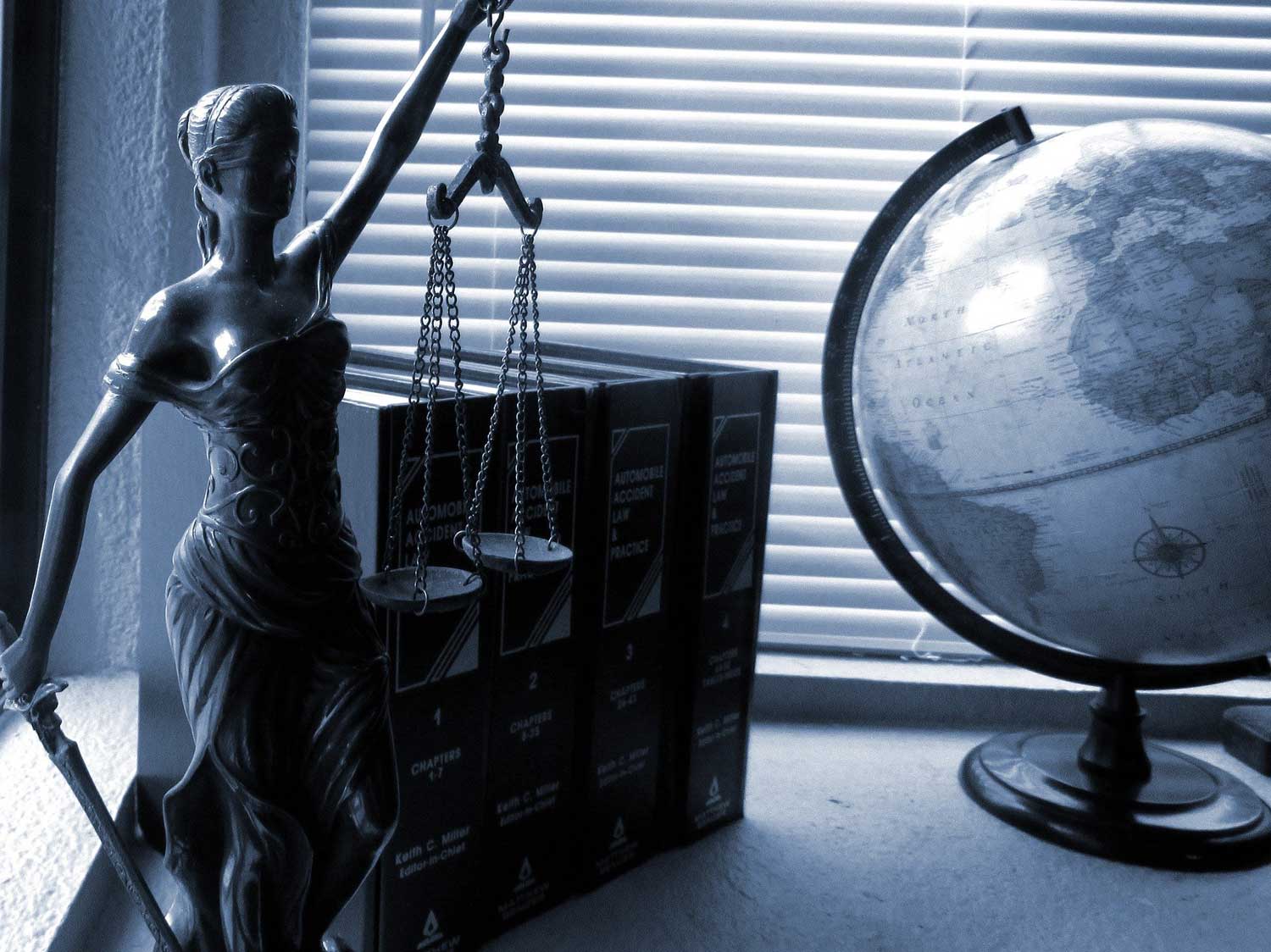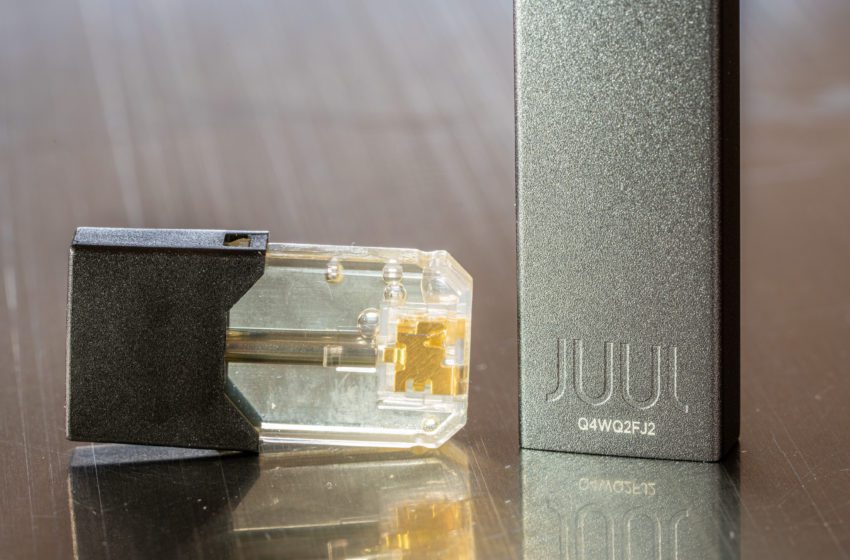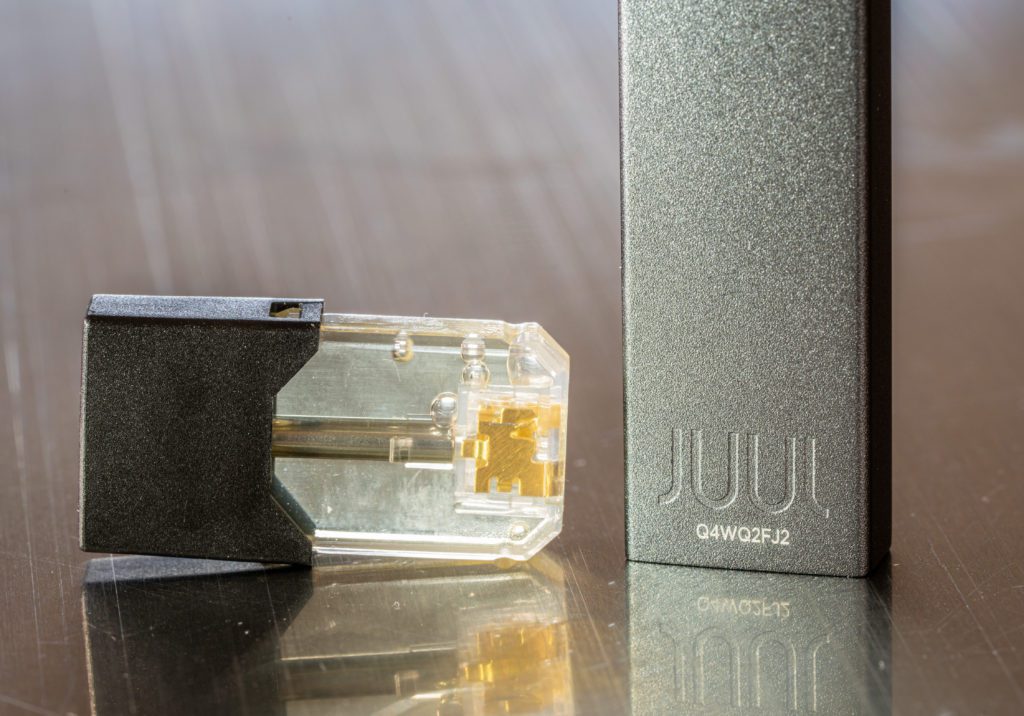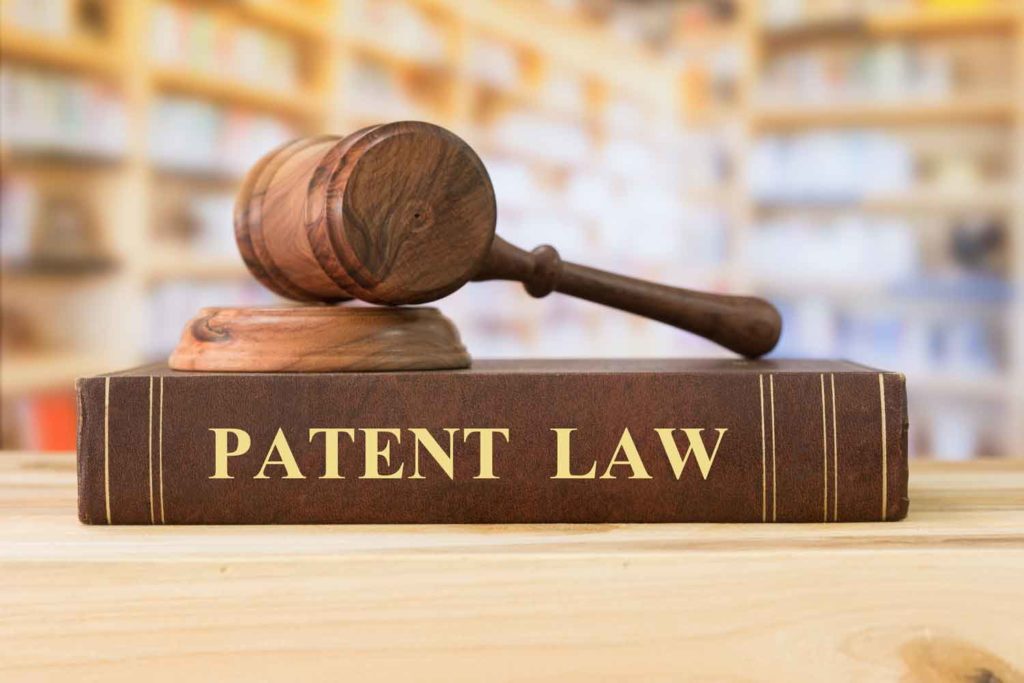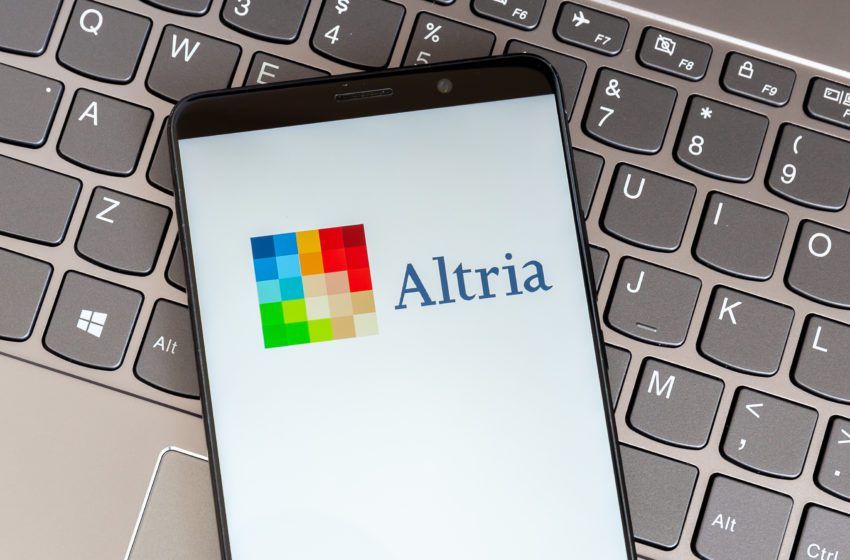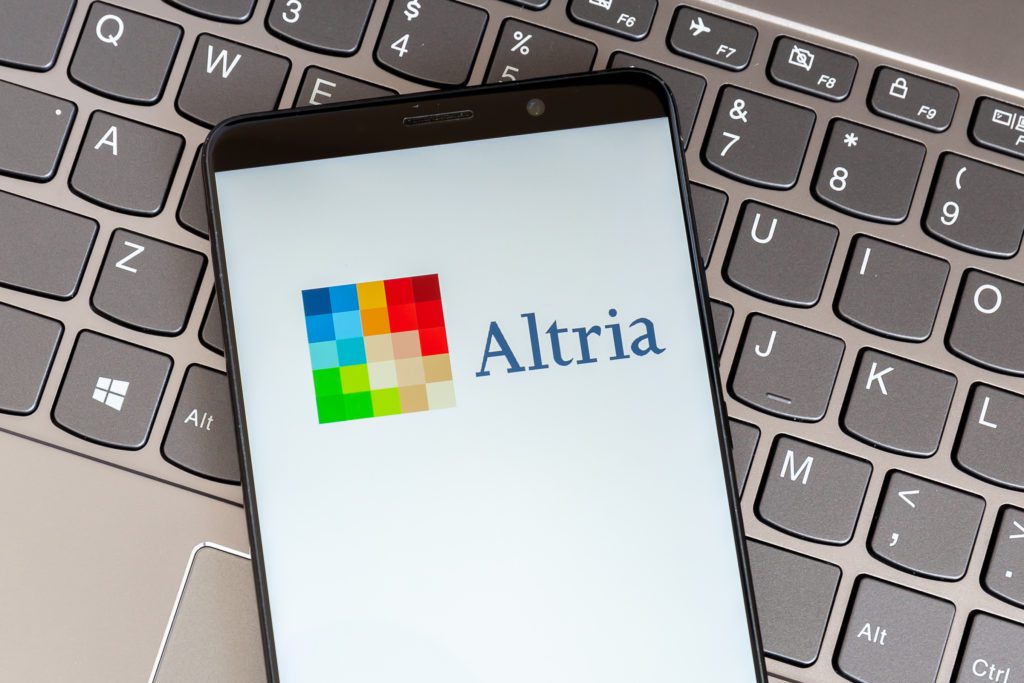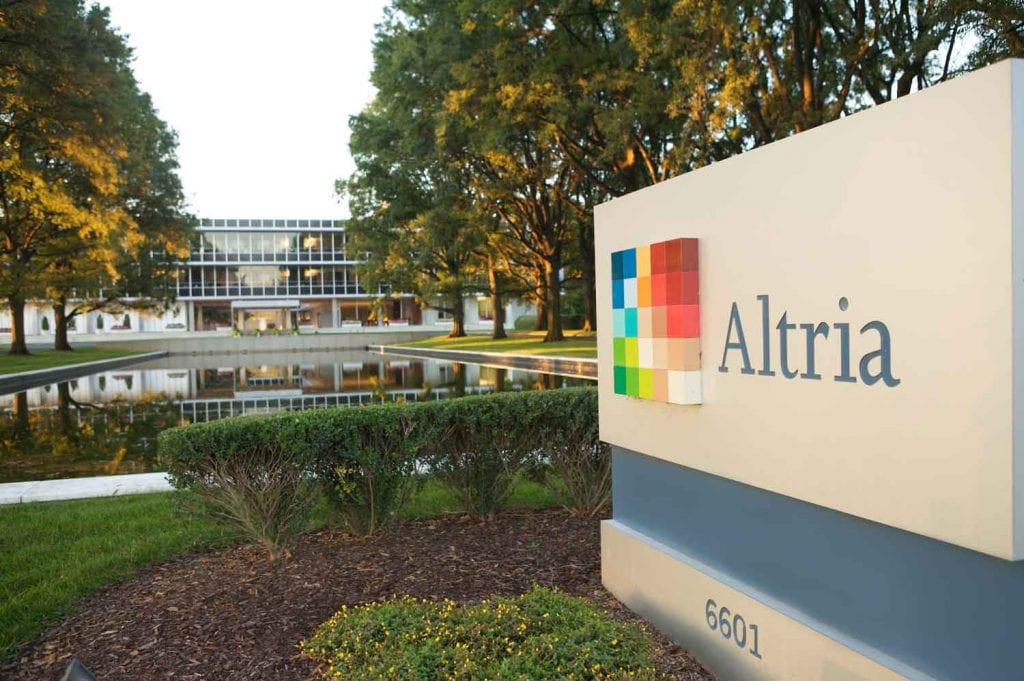A federal lawsuit has been filed by four companies that sell vaping devices against Kinsale Insurance Co., claiming the insurer dropped coverage for batteries but failed to fully inform the policyholders before denying a claim.
If the case goes to trial and appeal, it could potentially help clarify insurers’ and insureds’ responsibilities when policy wording is changed or exclusions are added.
“Defendant owed a fiduciary duty to plaintiffs based on trust and good faith that required defendant to act in the best interest of plaintiffs, its customers,” reads the lawsuit complaint, filed last week in U.S. District Court in Nashville. “It is reasonable for the insured to assume the policies provided the requested coverage.”
Kinsale Insurance, based in Richmond, Virginia, offers casualty and specialty casualty insurance for cannabis, transportation and other industries. It has not yet filed an answer to the complaint, according to the Insurance Journal.
Industry experts, however, said that the practice of changing coverage without fully notifying customers is not uncommon, and is rarely challenged. And Tennessee law may be less than crystal-clear on how far an insurer must go in notifying policyholders of changes and how specific notifications should be.
Battery fires from nicotine and cannabis vape devices are relatively uncommon but have become a worldwide concern for consumers, fire departments and insurers. In October 2022, Michael and Elisha Schmidt suffered a fire, reportedly from a vape pen battery, and sued the four vape companies over the damage.
The companies, Isabella Industries, Maelynn Industries, Sancia Industries and Illumivaption Inc., all had umbrella and general liability policies with Kinsale for seven years. But when the vape sellers renewed their policies in October 2022, Kinsale excluded batteries and battery-fire claims from the policies, while raising premiums, the suit claims.
“Defendant led plaintiffs to believe that the batteries were covered after the renewal,” the complaint reads. “Defendant did not inform plaintiffs that it had removed batteries from the coverage and did not ask Plaintiffs prior to doing so.”
The plaintiffs also argue that the policy wording was ambiguous and illusory, and thus, unenforceable under Tennessee law. The companies had always paid their premiums on time and had been loyal customers to Kinsale, they noted.
When the Schmidts filed their lawsuit, the vape companies filed claims with Kinsale. But the insurer denied the claims, arguing that the policies did not cover batteries. Kinsale would not provide a legal defense for the insureds.
The vape sellers argue that Kinsale’s refusal amounted to bad faith and unfair trade practices, and has cost the companies damages and attorney fees. They are asking for compensatory damages, punitive damages, legal fees and a declaration that the insurer must provide coverage and a defense.
